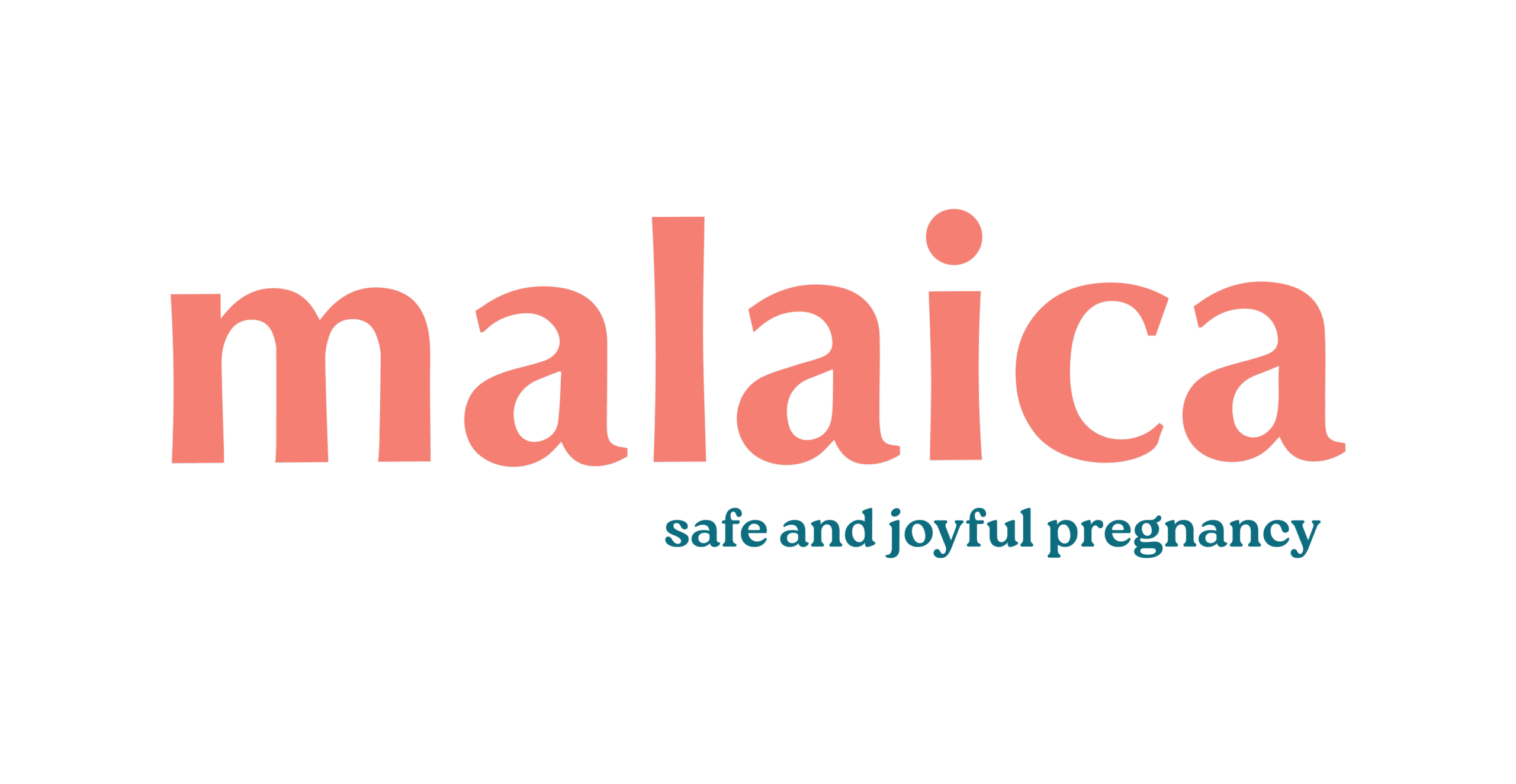It’s never easy to talk about loss. Especially the kind that’s unseen, the kind that happens quietly before the world even knew there was life growing inside you. Miscarriage and pregnancy loss remain some of the most silenced forms of grief, surrounded by whispers, shame, and discomfort. Many women carry this pain in secret, often with a brave smile masking the heartbreak within. But the truth is, silence does more harm than healing. Talking about loss, openly, honestly, and compassionately, is how we begin to heal, not just as individuals but as a society that must learn to hold space for pain it doesn’t always understand.
When a woman experiences a miscarriage, she isn’t just losing a pregnancy; she’s losing dreams, plans, and hopes that had already begun to take shape. She might have imagined tiny clothes, baby names, and the sound of little feet running across the floor. The loss shatters not just her heart, but her sense of identity, her confidence in her body, and her faith in what’s next. Yet for many, this profound grief is met with uncomfortable silence, platitudes, or quick attempts to move on. “At least it was early,” some say. “You can try again,” others offer. These words, though well-meaning, often deepen the loneliness.
The taboo around miscarriage exists partly because of fear, fear of saying the wrong thing, fear of confronting pain, and fear of vulnerability. Culturally, many people still don’t know how to talk about death, let alone death that happens before birth. In some communities, it’s brushed aside or hidden, as if acknowledging it gives it more power. But when women are encouraged to keep quiet, to “be strong” or to “move on,” they internalize the belief that their grief isn’t valid. And that is where the harm begins, when something so life-altering is treated as though it’s nothing at all.
Breaking that silence starts with conversation. It starts when a woman feels safe enough to say, “I lost my baby,” and the people around her respond not with discomfort, but with compassion. It’s when her pain is met with presence, a hug, a listening ear, a simple “I’m so sorry.” Talking about miscarriage doesn’t make it worse; it makes it real. It allows the person grieving to process their emotions, to give meaning to their loss, and to feel less alone in a journey that can feel isolating beyond words.
There’s also a need to recognize that miscarriage doesn’t just affect the mother. Partners grieve too, often silently, unsure how to show their pain or how to comfort the person they love. Many men and partners admit to feeling helpless, wanting to fix things but realizing there’s nothing they can do. This emotional disconnection can strain relationships if not addressed. When both partners are encouraged to share their grief openly, to attend counseling together, or simply to talk about what they’re feeling, healing becomes something they walk through side by side, not separately.
Society has come a long way in acknowledging mental health struggles, but miscarriage and loss still sit in the shadows. Many women describe returning to work as though nothing happened, because there’s no space to grieve. There’s no leave, no recognition, and no understanding. The expectation to carry on “as usual” is both unrealistic and unfair. Grief doesn’t have a timeline, and it’s different for everyone. Some women may want to talk about their loss right away, while others need time before they can even say the words out loud. Both are valid.
Social media has, in some ways, opened the door to more honest conversations. More women, including public figures, have shared their experiences with miscarriage, giving others permission to speak up too. These stories matter. They humanize the experience and remind us that miscarriage is not rare, it’s heartbreakingly common. But just because it’s common doesn’t make it easy. Every loss is unique, every story deeply personal. Sharing them helps dismantle the shame that has been passed down for generations, and creates a community where healing feels possible.
Faith and culture often shape how we handle grief. In some traditions, loss is met with prayer and rituals; in others, it’s met with silence. For those with strong faith, turning to God can bring comfort, a belief that even in loss, there’s purpose, even in pain, there’s grace. But faith doesn’t erase the ache, and that’s okay. Grieving mothers don’t need to choose between being faithful and being brokenhearted; they can be both. Healing isn’t about forgetting the baby or “moving on.” It’s about learning to live with the love that remains, even when the life that carried it is gone.
To truly break the taboo, we must normalize grief, especially the kind that doesn’t fit neatly into words. We must create safe spaces where women can share their stories without fear of judgment or pity. We must teach empathy, not avoidance; listening, not fixing. It starts in our homes, in our workplaces, in our communities. It starts with acknowledging that miscarriage is not just a medical event, it’s an emotional earthquake. And like all earthquakes, its aftershocks can last a lifetime.
Talking about miscarriage won’t erase the pain, but it transforms isolation into understanding. It helps women know they’re not broken, not alone, and not to blame. The more we speak, the more we heal, together. Because grief loses some of its power when it’s met with compassion, and love multiplies when it’s shared. Breaking the taboo isn’t just about changing the conversation; it’s about changing how we care for one another through the most fragile parts of life and loss.


